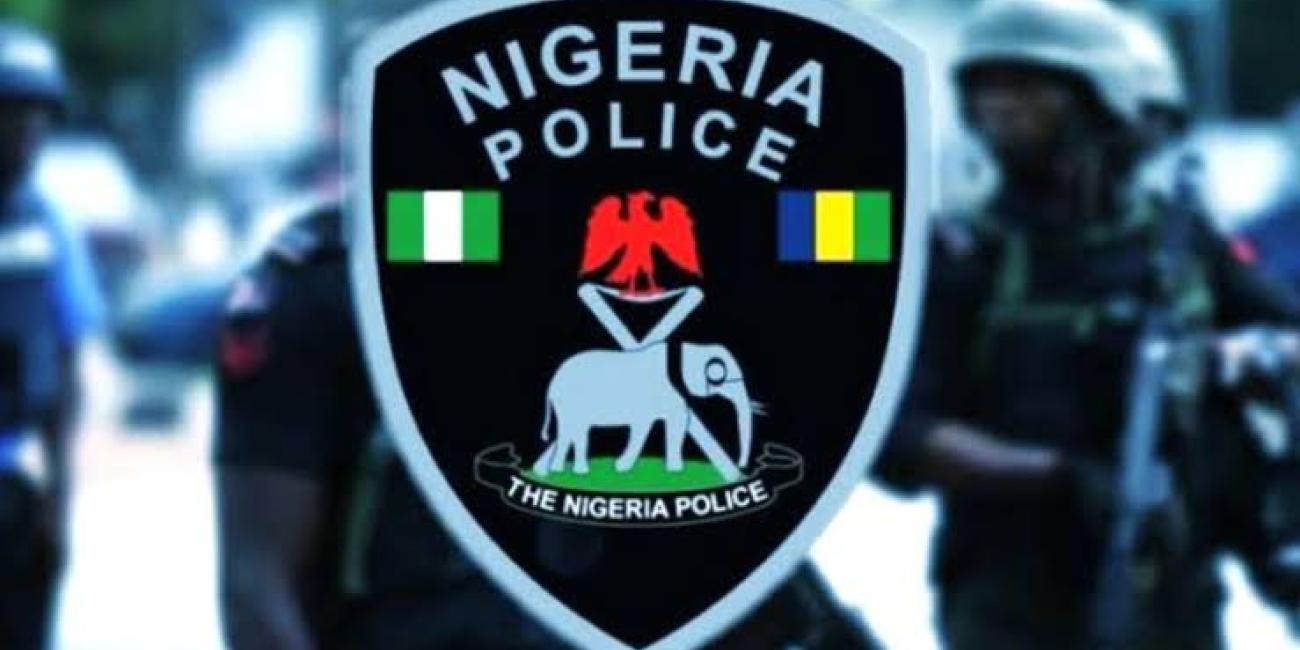
The family’s ordeal began on June 26, 2025, when policemen from the IGP Intelligence Response Team, Abuja, arrived at the Arhagba’s doorstep, handcuffing Kenneth, Kingsley’s younger brother, in front of his grandchildren.
The weight of grief is crushing 92-year-old Festus Arhagba, whose life has been turned upside down by the tragic death of his 50-year-old son, Kingsley, in the Nigerian police custody.
The elderly man’s frail frame shakes with each sob as he recounts the events that led to his son’s untimely demise.
“I regret coming back to this country,” Festus says, his eyes welling up with tears during a chat with Vanguard.
“My son was the one taking care of me. Now, I don’t know what to do.”
The family’s ordeal began on June 26, 2025, when policemen from the IGP Intelligence Response Team, Abuja, arrived at the Arhagba’s doorstep, handcuffing Kenneth, Kingsley’s younger brother, in front of his grandchildren.
The reason? A bitter dispute over a storey building on Salami Street, Tolu Road, in the Ajeromi Ifelodun area, which had been linked to N89million siphoned from Sterling Bank during a system glitch.
The building had been ordered forfeited to the Federal Government by the Federal High Court in Lagos four months prior, but the saga continues to unfold.
Kenneth explained that he had helped his ex-girlfriend, Mary James, facilitate the property purchase years ago.
However, the matter took a dark turn when Mary allegedly bypassed the police and settled directly with the seller, Prince, sharing a video showing them preparing a fresh deed.
As the family navigated the complex web of circumstances surrounding the disputed property, Kingsley’s life was cut short.
After Kenneth’s arrest, the family received a call from ASP Danjuma, instructing them to bring food for Kenneth at Ajeromi Police Station.
However, upon arrival, Kingsley was detained, and a family contact was told to secure someone on ‘level 12’ for bail.
Festus Arhagba revealed that he offered his house documents instead, which the police accepted. Tragically, by the time the documents were delivered, Kingsley had collapsed and was pronounced dead at the hospital.
The policemen vanished, claiming they went to “pump their tyre.” The family’s world was shattered in that moment.
The Arhagba family has petitioned the Inspector General of Police, demanding justice and prosecution for those responsible for Kingsley’s death. Festus Arhagba’s pain is evident as he laments, “The police have killed one of my children.” His wife, silently pacing the room, wipes away her tears, her eyes red from crying.
The family’s lawyer, who wished to remain anonymous, expressed outrage at the circumstances surrounding Kingsley’s death. “This is a clear case of police brutality and extrajudicial killing. We demand justice for the Arhagba family and accountability from the police.”
While police sources claim Kingsley collapsed in the presence of relatives without being tortured, the Arhagba family sees his death as needless, cruel, and emblematic of a system where justice is often silenced. The family’s experience highlights the need for police reform and accountability in Nigeria.
As the nation grapples with the challenges of policing, the Arhagba family’s tragedy serves as a poignant reminder of the human cost of systemic failures.
Their cry for justice echoes through the streets, a call to action that cannot be ignored.

